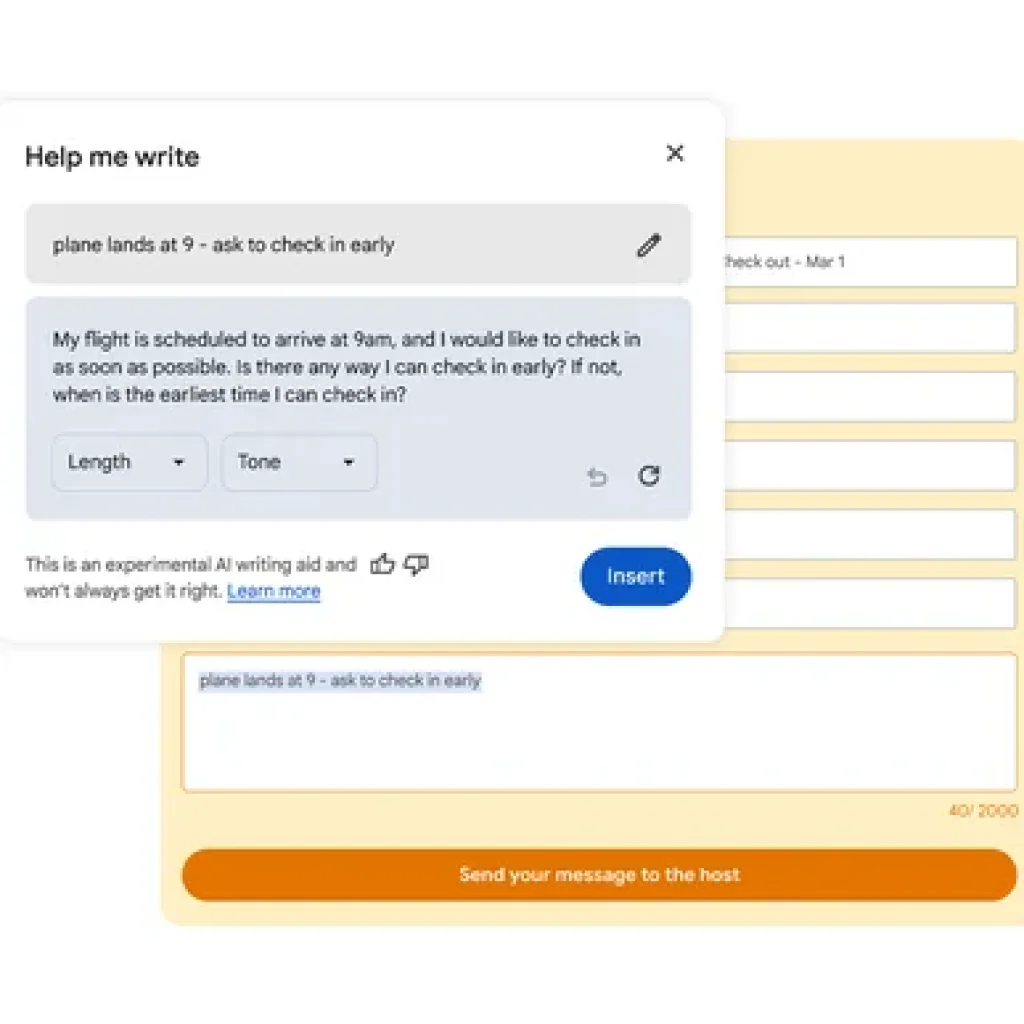In a recent INSA webinar, former CIA Deputy Director of Analysis Linda Weissgold shared her perspective on the evolving role of artificial intelligence (AI) in the intelligence community.
Weissgold acknowledged the increasing use of advanced algorithms, specifically neural net learning AI, within the CIA but emphasized that these technologies would not replace human analysts.
High hopes from a public competition
Nearly six years ago, the Office of the Director of National Intelligence (ODNI) sponsored a competition to assess the capability of algorithms to replicate human-made analytical intelligence reports.
Looking back, the results may appear unimpressive, with the winning entry authored by a French programmer struggling to make complete sense. However, at that time, the ODNI considered the outcomes “highly encouraging.”
Today, advanced neural net learning AI algorithms are operational within the CIA, according to Linda Weissgold. Nevertheless, it is crucial to clarify that AI does not generate final analytical reports. Instead, AI is used to enhance the analytical process, providing support and augmenting the capabilities of human analysts.
The limitations of generative AI
Linda Weissgold pointed out a fundamental limitation of generative AI – the inherent mystery behind how it formulates answers to questions. She highlighted the ambiguity surrounding the universe of information that AI searches and the lack of transparency regarding the parameters and biases set by its programmers.
“We don’t know what the programmers’ parameters and their biases are,” Weissgold stated, emphasizing the uncertainty inherent in AI-generated responses.
One of the key reasons Linda Weissgold believes AI will not replace human analysts in the intelligence community is the issue of accountability. She drew upon her experience as President George W. Bush’s intelligence briefer, emphasizing the importance of human analysts being able to provide clear and accountable explanations for their assessments.
“I can’t imagine going in and telling a president in response to a question [like], ‘Why are you saying this?’ ‘Oh, I don’t know because the black box just told me so.’ That’s never going to be acceptable,” Weissgold asserted.
The nuanced view of AI
Weissgold’s perspective on AI is nuanced. While she recognizes the value of AI in handling vast amounts of data and aiding in the initial stages of analysis, she firmly believes that the final judgment should remain with human analysts who can provide context, judgment, and accountability.
In essence, the former CIA official’s viewpoint underscores the prevailing sentiment in the intelligence community – that AI should be viewed as a valuable tool rather than a replacement for human analysts. AI can process enormous datasets quickly and efficiently but lacks the human touch required for nuanced analysis and interpretation.
Prospects and collaborative efforts
As AI technology continues to advance, it is likely that its role within intelligence agencies will evolve as well. Collaborative efforts between human analysts and AI systems may become more integrated, allowing for a more efficient and effective intelligence-gathering process.





